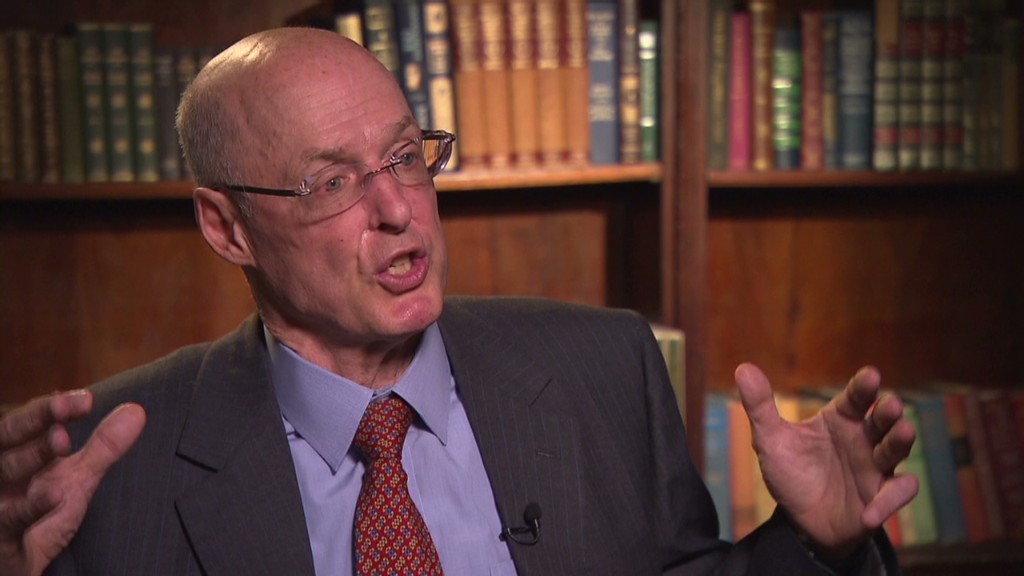
The United States and China have struck a landmark climate change deal that includes a pledge from Beijing to ensure its carbon emissions peak by 2030.
The deal between the world's top two carbon emitters could prepare the ground for a new global climate change accord.
But it might also signal that Beijing is ready to assume a larger role in efforts to tackle global warming, something that President Obama suggested should be a requirement for economic powerhouses.
"As the world's two largest economies, energy consumers and emitters of greenhouse gases, we have a special responsibility to lead the global effort against climate change," Obama said Wednesday.
Beijing has been reluctant to concede that point, insisting instead that China is a developing nation that should not be held to the same standard as advanced economies.
The argument goes like this: Yes, China produces a lot of carbon emissions, but per capita production is small and hundreds of millions of Chinese remain mired in poverty -- facts that make comparisons to other nations meaningless.
Related: Track the world's largest economies
Xie Zhenhua, China's chief negotiator at the UN climate change talks, said back in 2012 that it was "unfair and unreasonable" to ask China for emission cuts when its per capita GDP stood at just $5,000.
Xie is right on that point, but his position ignores the inconvenient truth that China's economy is the second largest in the world, and its burgeoning middle class wields enormous purchasing power.
Runaway growth has created a class of wealthy individuals known the world over for their extravagant spending.
Video: Thousands rally for climate change action
It's a contradiction that will not fade anytime soon. Just this week, global regulators said three massive Chinese banks would be exempted from new rules aimed at preventing future taxpayer bailouts because they are headquartered in an emerging market.
Yet earlier this year, the World Bank announced that by one measure -- purchasing power parity -- China's economy has already surpassed the U.S.
Unsurprisingly, "the world's largest economy" was a distinction Beijing sought to avoid.
"A year ago, there was a huge debate. China wanted to throw this [data] out," World Bank staff told the Financial Times in May. "They don't want to be seen as number one. They're worried about the political implications with the U.S."
So how much longer can China convincingly claim to be a developing nation?
It's hard to say, but it now seems possible that Beijing, pushed by popular discontent over the heavily polluted state of China's air and water, is finding less cover in the phrase.


